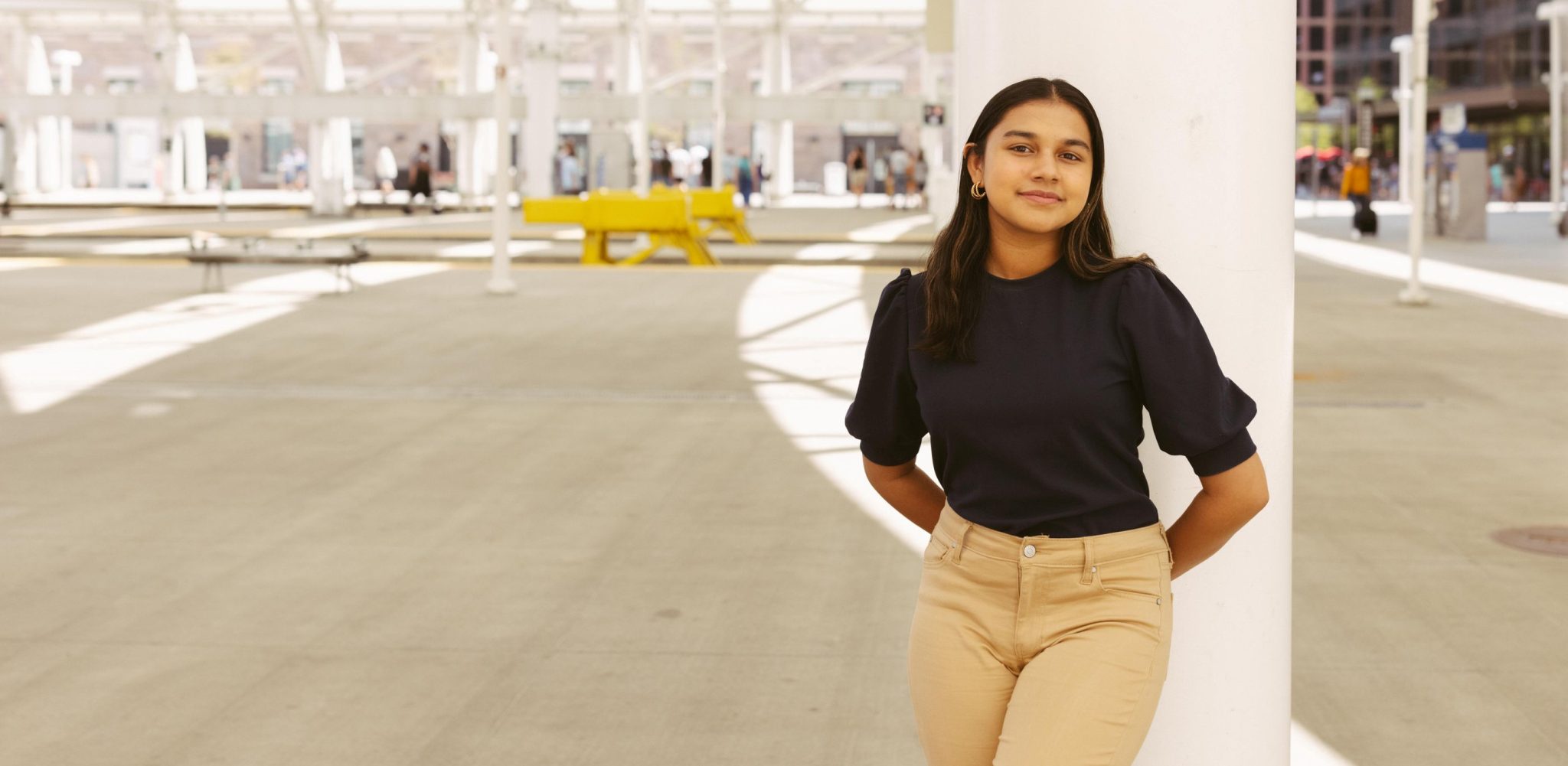Gitanjali Rao

Gitanjali is a 16-year-old scientist and innovator and was awarded TIME Magazine’s first ever Kid of the Year in 2020. She served as the CTO of the Future on Lenovo’s Kind Council – a group of global leaders spearheading the Kind City initiative. At such a young age she has already used tech to tackle contaminated drinking water, opioid addiction, and cyberbullying.
Which of the 10 Kind Cities principles do you relate to most and why?
Nurture and help manifest innovative, kind visions for the future – I love this principle because it encourages and engages youth across the globe to not only think about their present, but their future generations. This principle directly affects me, my friends, and classmates. I believe if cities adapt this principle, it will motivate and help all of us to leave the world in a place better for our future generations.
What do you see as the most important priorities for a kinder city of the future?
The most important priorities are education equity and accessibility. The need to invest in education equity and accessibility to education should be a priority for all cities. Citizens everywhere, no matter who and where they are from should be given these opportunities. If every child is educated, then we all have the chance to become capable, responsible citizens of the future. An educated society means will live in a world where kindness prevails.
What barriers do we face for creating a kinder city of the future? How do we overcome these barriers?
A major barrier rural areas face is the lack of infrastructure for internet accessibility. Our political boundaries and access to basic necessities in developing countries are barriers we need to overcome before we invest in education and innovation. It is feasible to make this happen if internet access becomes a basic right just like food, water, and shelter. In addition, organizations and companies can start investing in underprivileged areas to make their economic conditions better. This will help us create a sound education system no matter what the unknown is, and education can start happening beyond school walls.
How does your purpose and mission help create a kinder city?
Today, I conduct innovation workshops for rural schools and refugee camps. This helps me gain an understanding of the lack of basic necessities in some schools and how we can support them. While I am in the right path, I have a long way to go to create an innovation movement where every youth can innovate with the central theme of empathy and kindness. (Learn more here: https://www.voicesofyouth.org/gitanjali-rao)
How do you think technology can play a role in creating a more inclusive and fair community?
We are living in interesting times where newer technologies are shaping our future. These also offer opportunities for innovation. A 20Gig/sec 5G speed offers near real-time interaction with almost no lag. Surgeries can now be performed remote, or people can be in video conferences as holograms. Nanotechnology allows the development of bots that are smaller than viruses and can cure diseases.
In other words, not only are these technologies powerful by themselves but increasingly they are coming together to develop solutions we couldn’t conceive just a generation back. We could enhance these to include individuals whom we could not even connect without traveling hours a decade back. The optimism is that all these technologies, when used the right way, free us from the mundane and allows us to focus on solving harder problems.
We can take simple steps in our daily lives to recognize and empathize with the problems around us and try to solve them through interesting ideas and technologies that we already have.
